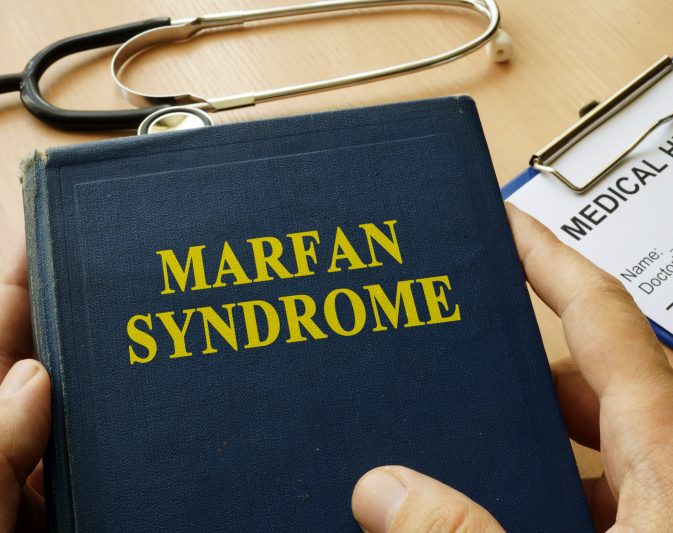Marfan Syndrome and Social Security Disability in Chicago, IL
Because it is an inherited disease, those with Marfan syndrome are born with it. While the symptoms of the condition can develop at any age—even among newborns—for many with Marfan syndrome, the features of the disease do not show up until much later in their lives. Some symptoms of the disease are progressive or get worse with age.
In people with Marfan syndrome, Fibrillin, one of the constituent fibers of the connective tissue, becomes defective. Because of this, those with the syndrome are likely to grow taller, with longer legs and arms and feet which are more flexible than those in normal people. Abraham Lincoln, Julius Caesar, and Olympic swimmer Michael Phelps are among the millions who were born with Marfan syndrome.
It is common for individuals with Marfan syndrome to suffer from heart murmurs and other cardiovascular complications, such as palpitations and valve prolapses. Individuals who have Marfan syndrome are at increased risk for disorders of the eyes like glaucoma and cataracts.
While there is no cure for Marfan syndrome, symptoms can be managed with pain relievers, beta-blockers for heart palpitations, or other medications. In severe cases, heart surgery may be required. While many of those with Marfan syndrome are able to lead normal lives, for others the debilitating nature of the syndrome makes it impossible for them to engage in many normal day-to-day activities, including holding on to a job.
If you are unable to work due to the symptoms of Marfan syndrome, the Social Security Administration (SSA) has two programs which may be able to offer financial assistance—Social Security Disability Insurance (SSDI) for those who have worked in the past and made Social Security contributions, and Supplemental Security Income (SSI) designed to help those with little or no income. But to qualify for either program, you have to prove that your impairment is so disabling that it prevents you from being able to work.
The Social Security Administration maintains a list of conditions with detailed requirements for when the SSA should find a mental or physical condition to be disabling. If an individual matches the requirements in the listings (also called the “Blue Book”) they automatically qualify for disability payments. Listings, however, can be complicated, and don’t always relate directly to a specific condition. That’s the case for Marfan syndrome. There is no Blue Book listing for it. Rather, applicants with Marfan syndrome will be evaluated under a listing associated with their particular symptoms, such as:
- Cardiovascular disorders
- Aneurysm of the aorta or other major branches
- Vision disorders and blindness
- Conditions affecting the spine or joints
Don’t be alarmed if you don’t meet one of the Blue Book medical listings–most people applying for benefits do not have conditions that precisely satisfy these criteria. There is another way to be approved for benefits. The SSA also awards disability benefits based on how your condition functionally limits you and interferes with your ability to work. To qualify, you must demonstrate that your symptoms prevent you from sustaining full-time, competitive employment on a consistent and reliable basis. Like all disability applications, your condition must be expected to last and keep you out of work for at least 12 consecutive months.
The path to winning Social Security disability benefits can be extremely difficult to navigate while living with a serious health condition. For this reason, you want a professional in your corner to help you through the process and to fight for your rights.
The majority of individuals who apply for Social Security disability benefits are turned down on their initial application, but statistics from the U.S. Government Accounting Office show that you are three times more likely to get disability benefits if you obtain legal representation and file an appeal. We are here to help. For a free evaluation of your case, contact the leading Chicago area Social Security Disability Attorneys in Chicago at Nash Disability Law.


